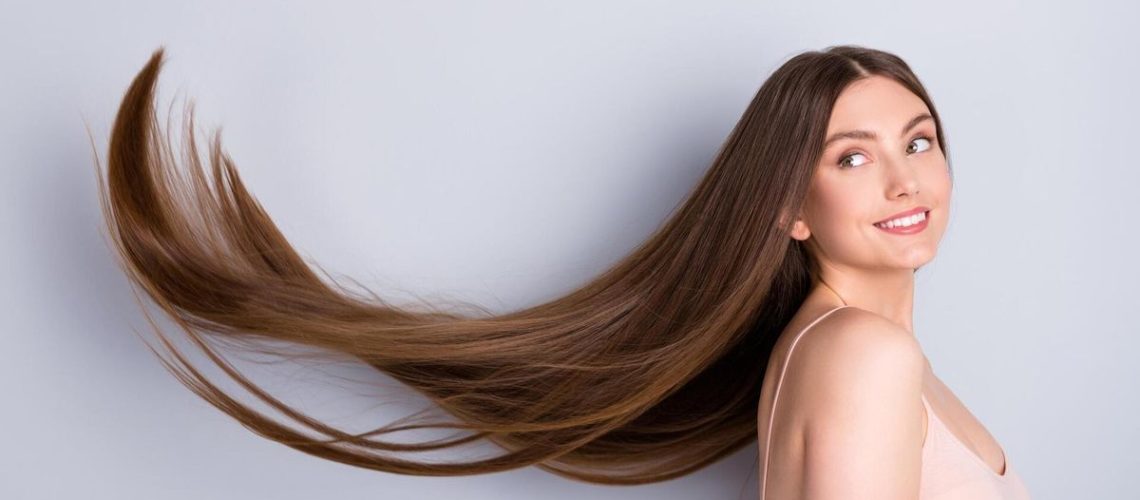Monsoon Hair Fall: Causes & Cures Inside!
July 21, 2025

Worried About Hair Fall This Monsoon? You’re Not Alone!
Monsoon brings cool breezes and rainy joy—but also hair problems! Many people face extra hair fall during this season. The humidity makes your scalp sweaty and oily, clogs pores, and even leads to fungal infections. Your hair may feel weak, frizzy, or flat—but don’t worry, there are simple ways to fix it.
1. Why Does Hair Fall More During Monsoon?
During the rainy season, the air is full of moisture. This makes your scalp sweat more and weakens your hair roots. If your hair gets wet in the rain or is exposed to pollution, it gets even more damaged.
Normally, we lose 50–100 hair strands daily, but during monsoon, this can double!
2. What Happens to Your Hair in Monsoon?
- Moist air clogs your scalp pores.
- This can cause itching, dandruff, or fungal infections.
- Hair becomes weak, frizzy, and more likely to break when you comb or tie it.
3. 5 Common Hair Issues in Monsoon
- Hair fall increases
- Itchy, flaky scalp
- Frizzy and unmanageable hair
- Bad scalp smell
- Oily roots and dry ends
These are signs your scalp is stressed. Don’t ignore them—they can lead to long-term hair damage.
4. Does Humidity Weaken Hair Roots?
Yes! High moisture levels soften the scalp and make hair roots loose. Add sweat and pollution to that mix, and your hair becomes even more prone to breakage and thinning.
5. Fungal Infections: A Hidden Cause of Hair Fall
If your hair stays wet for long, or if you tie it when it’s damp, fungus can grow. This leads to:
- Dandruff
- Itching
- Infections
If your scalp feels sticky or smells weird, switch to an antifungal shampoo or talk to a doctor.
6. When Is Hair Fall Not Normal?
Seasonal shedding is okay. But see a doctor if you notice:
- Visible scalp patches
- Extra hair on pillow or in the shower
- Slower hair regrowth
These may be signs of deeper problems like nutrient deficiency or hormone imbalance.
7. Cosmetologist – Recommended Hair Tips for Monsoon
- Wash your hair 2–3 times a week with a mild shampoo
- Use antifungal shampoo weekly if you have dandruff
- Avoid hot showers
- Don’t tie wet hair
- Massage with light oils like argan or jojoba
- Stay away from heat styling and harsh chemicals
8. Monsoon Hair Care Do’s and Don’ts
Do’s:
- Use a microfiber towel
- Apply leave-in conditioner for frizz
- Trim split ends
- Choose loose hairstyles
Don’ts:
- Don’t comb wet hair roughly
- Avoid heavy oils or creamy conditioners
- Don’t color or bleach your hair in this weather
9. Eat Right for Healthy Hair
A good diet is key to strong hair. Eat foods rich in:
- Biotin (eggs, almonds)
- Iron (spinach, lentils)
- Zinc (pumpkin seeds)
- Vitamin C (oranges, guava)
Avoid oily, fried, or sugary foods—they worsen scalp health. Stay hydrated!
10. When to See a Doctor
If your hair fall is:
- Severe
- Patchy
- Painful on the scalp
…see a doctor. They may suggest tests, medications, or treatments like PRP or laser therapy.
Final Thoughts
Hair fall in monsoon is common—but manageable! With the right care, diet, and habits, you can enjoy the rainy season without losing confidence (or hair). Stay calm, stay consistent, and love your locks!!
